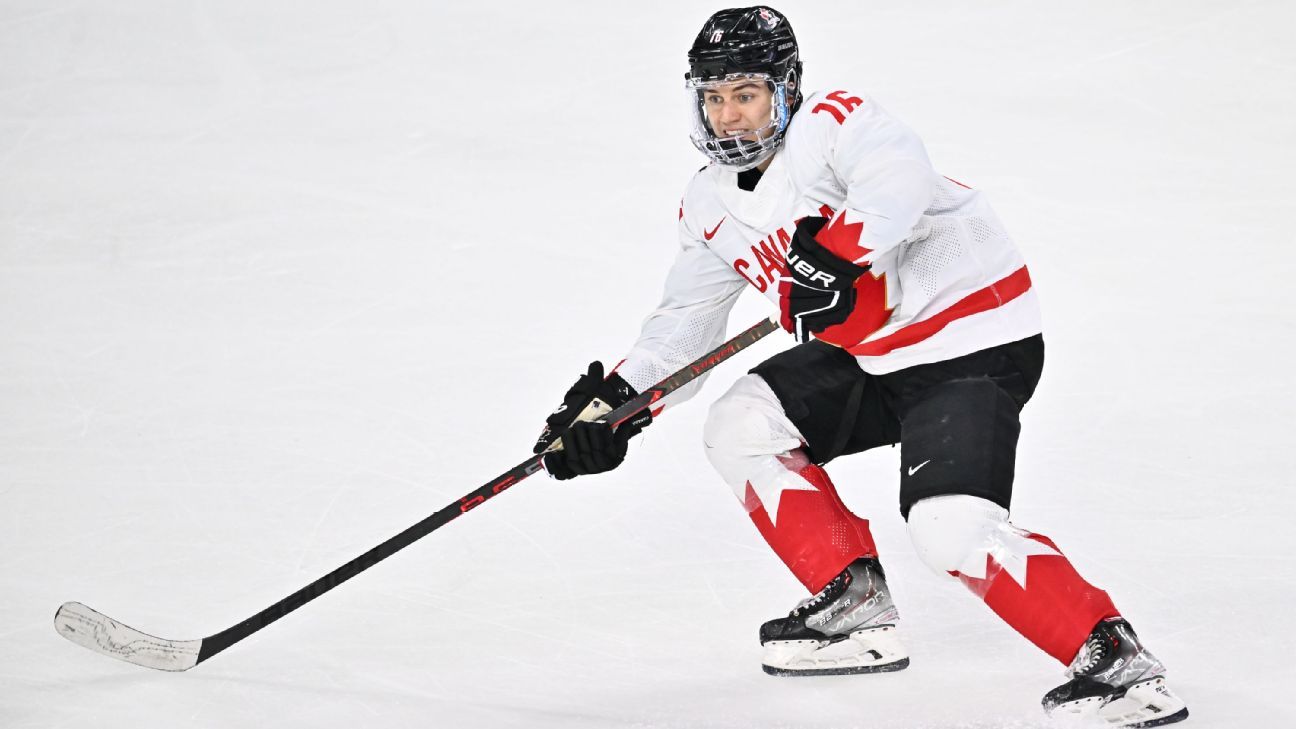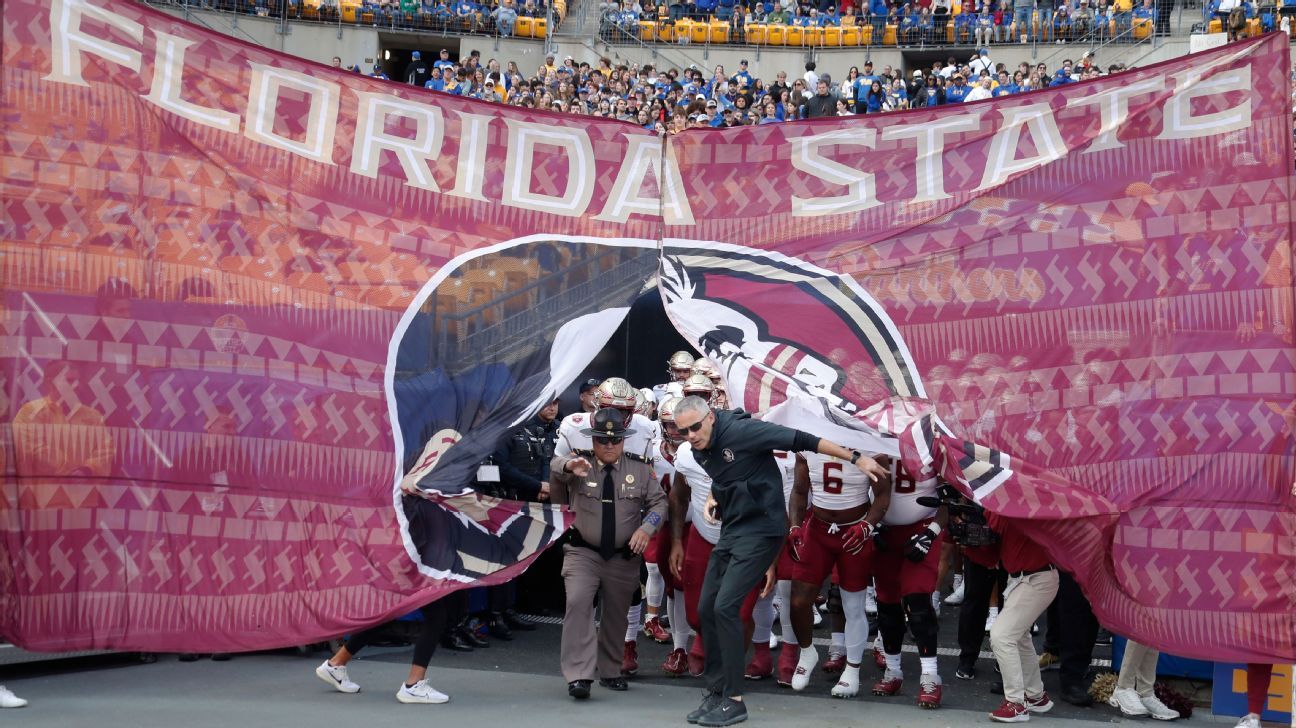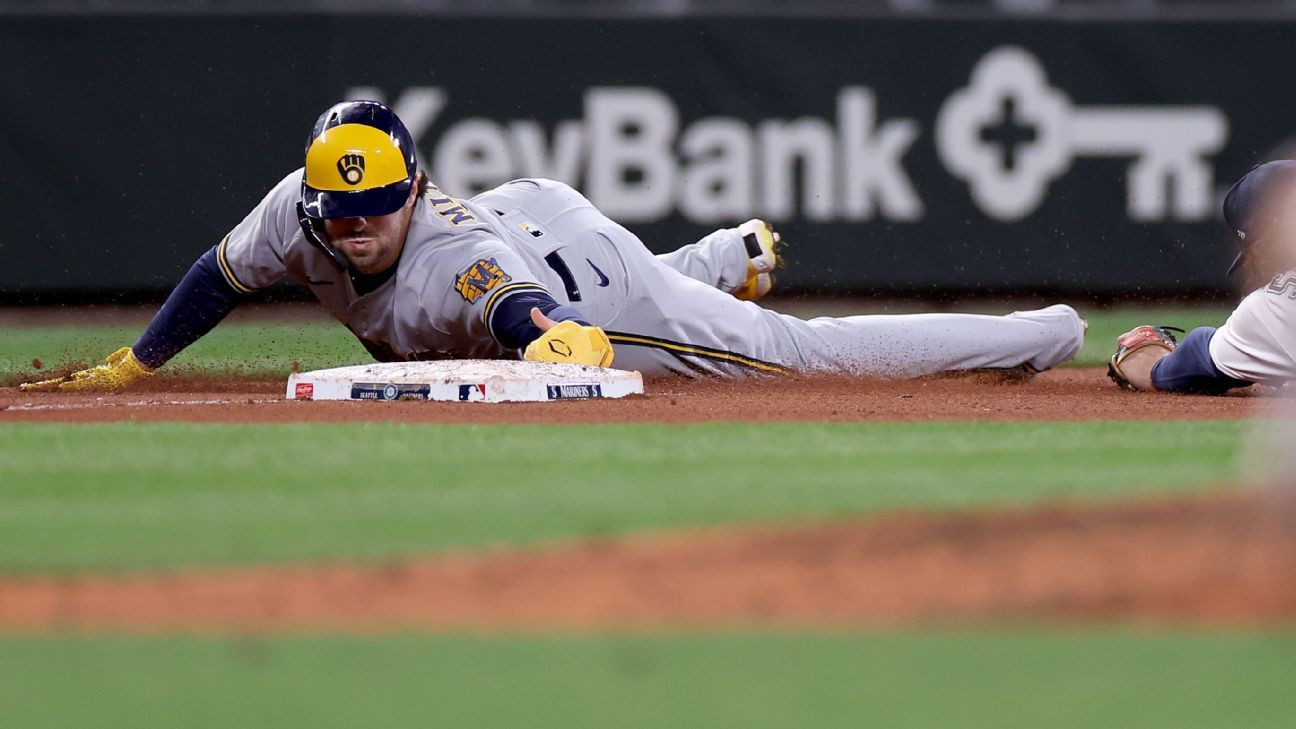LA Clippers chairman Steve Ballmer initially was content to play at Staples Center — in the same building as the Los Angeles Lakers and the NHL’s Los Angeles Kings — when he bought the franchise for $2 billion in 2014.
But within a year, Ballmer said he realized the Clippers needed to build their own stadium if they wanted to build their own “identity.”
“We needed to say, ‘We’re our own guys. We don’t play in the same place as the other guys. We’re going to have our own identity,'” Ballmer told ESPN in a wide-ranging interview in advance of Friday’s groundbreaking for the Clippers’ new arena in Inglewood.
Ballmer estimated the new arena, which will be known as the Intuit Dome and is scheduled to open for the 2024-25 season, will cost him upward of $2 billion — essentially the same price he paid for the franchise just seven years ago — but he truly believes it is imperative to the Clippers’ success on and off the court.
“I’ve never been in a place where you had two teams in a town,” Ballmer said. “I grew up in Detroit. Everybody’s a Pistons fan. And I think for enough years the Clippers were bad enough, everybody could just ignore the Clippers.
“We’re good now, and we’re going to be good year in and year out. We’re going to build our own building, more of our own identity, more of our own personality. And I think some of the fans on the other side, if you will, it’s like, ‘What? You dare to question our supremacy?’ No, we do.
“There’s 30 teams in the league. There’s 29 others. And we got one that happens to be based in L.A. And we got our fans. We use our expression, ‘LA Our Way.’ And we’re building our own presence, identity. And if the other guys feel a little threatened — the other guys’ fans, I mean; the players are actually a little different deal — but if they feel a little threatened, that’s OK. It means we’re doing good.”
The Clippers went to their first Western Conference finals in franchise history last season, despite losing superstar forward Kawhi Leonard to a knee injury in the second round of the playoffs.
Leonard, who had the partially torn ACL in his right knee surgically repaired in the offseason, is expected to miss much of the 2021-22 season as he recovers. Ballmer said he’s still optimistic that the team can build off its playoff success from last season.
“Every year I want to win,” Ballmer said. “Some people will talk about ‘We’re taking a step back’ or ‘We got an injured year.’ No. Our fans can count on the fact that we are going to try to win as many ballgames as we can every year. Now, we took a little setback. We got to get Kawhi healthy. And when he’s back, we’re back at full strength.”
The Clippers’ biggest offseason move was re-signing Leonard to a four-year, $176.3 million contract. They also acquired guard Eric Bledsoe in a trade with the Memphis Grizzlies. But they’ll largely return the same roster as last season, minus Leonard for however long his rehabilitation lasts.
Ballmer admits he has often thought of what could’ve been if Leonard hadn’t gotten hurt.
“It was painful,” Ballmer said. “Painful for Kawhi, painful for our team, painful for me and, most importantly, painful for our fans. But yeah, we gave it a go. We gave it a good go. We managed to push past Utah, even without Kawhi.
“I was proud of our guys. We were within a whisker or two of taking care of business in the Western Conference finals, even without Kawhi. We’ll see when we get him back, but we basically have most of the same team back for next year. … I remain optimistic.”
The new arena has become something of a passion project for Ballmer, 65, who retired as Microsoft’s CEO in 2013 and was ranked as the eighth-richest person in the world by Bloomberg last month with a net worth of an estimated $108.5 billion.
He set out to build the most comfortable, state-of-the-art arena in the NBA and has spared no expense to create it.
Last year, Ballmer purchased the Forum in Inglewood from New York Knicks owner James Dolan’s The Madison Square Garden Company for $400 million in cash. That move cleared the lawsuit that stood in the way of building a new arena near the music venue.
Ballmer said he spent years traveling the country to study stadiums and arenas, drawing inspiration from places such as the student section at Duke — which will be reflected in a section of 51 uninterrupted rows of the stadium called “The Wall” — as well as the slope of Utah’s Vivint Arena and end zone suites at football stadiums.
He also had several guiding principles from his own fan experience that are emphasized in the design. To Ballmer, it’s essential for fans to be in their seats, watching basketball and cheering as much as possible. So to minimize the time fans have to be away from their seats, he says, the Intuit Dome will have more legroom than any other arena in the NBA, double the number of toilets and no checkout lines at concession stands (everything will be ordered online).
“I feed off of the energy in the building,” Ballmer said. “But people go away and they get late to games or they don’t get back from halftime. I really want to make sure people are in their seats so … that energy, we feed off of it.”




